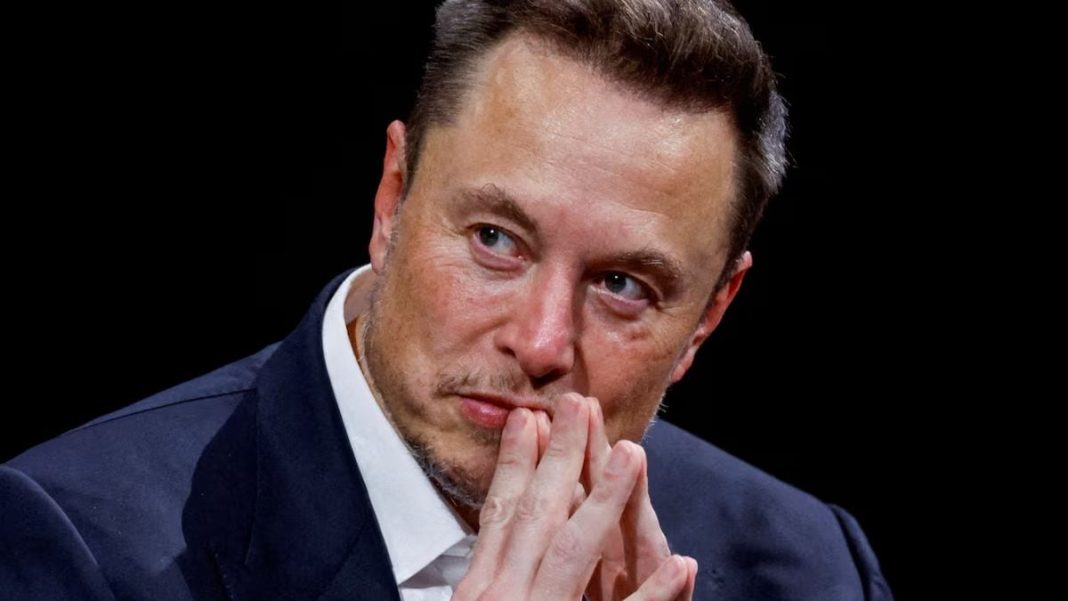A US federal judge has allowed Elon Musk’s antitrust lawsuit against Apple and OpenAI to proceed, marking a significant legal development in the battle over AI market dominance.
Key Takeaways
- Elon Musk’s X and xAI can proceed with antitrust lawsuit against Apple and OpenAI
- Judge rejected dismissal motions, enabling deeper discovery and potential trial
- Case centers on Apple’s ChatGPT integration and alleged monopolistic practices
Legal Victory for Musk’s AI Companies
US District Judge Mark T. Pittman in Fort Worth, Texas denied motions to dismiss the antitrust lawsuit filed by Musk’s X and xAI against Apple and OpenAI. The August lawsuit alleges the tech giants collaborated to dominate smartphone and generative AI markets through preferential treatment for ChatGPT.
The ruling dismisses arguments that Musk’s claims lack merit or stem from personal vendettas. Musk celebrated the decision on X, calling it a step toward curbing “monopolistic practices.”
Core Allegations: Apple’s ChatGPT Integration
The lawsuit focuses on Apple’s deep integration of OpenAI’s ChatGPT into its Apple Intelligence suite with iOS 18 and iPhone 16. Musk’s companies claim this violates the Sherman Antitrust Act by creating an unlawful monopoly.
Specific allegations include:
- Apple pushing users toward ChatGPT via Siri and App Store recommendations
- ChatGPT featuring on Apple’s ‘Must-Have Apps’ curated list
- Creating barriers for competitors like xAI’s Grok AI model
xAI argues the exclusive deal stifles innovation, forces AI developers to pay high fees for visibility, and locks users into Apple’s ecosystem.
“Apple and OpenAI are conspiring to monopolise key markets in smartphones and generative AI,” Musk stated on X.
Defense Arguments from Apple and OpenAI
OpenAI sharply criticized the lawsuit in court filings, calling it “consistent with Musk’s ongoing pattern of harassment.” The company, which previously removed Musk from its board in 2018, maintains their partnership is non-exclusive and benefits consumers through accessible AI tools.
Apple supported this position, stating: “Our agreement with OpenAI is not exclusive, and a wide range of chatbots remain accessible through browsers and standalone apps.”
The iPhone maker argued that better integration of one AI tool doesn’t constitute monopoly, pointing to ongoing expansions with other providers like Google Gemini.




